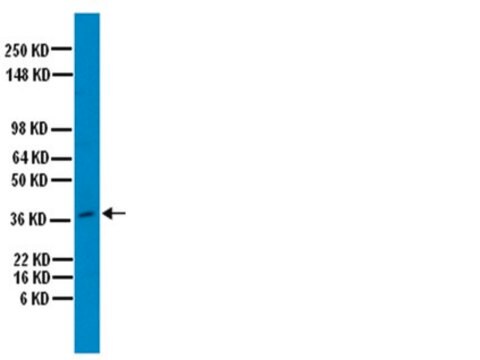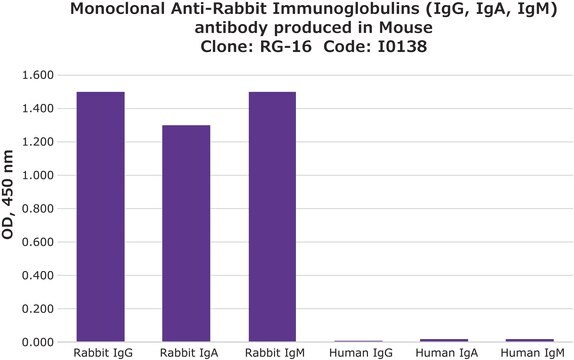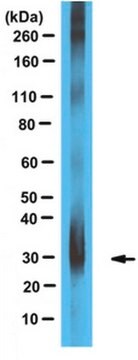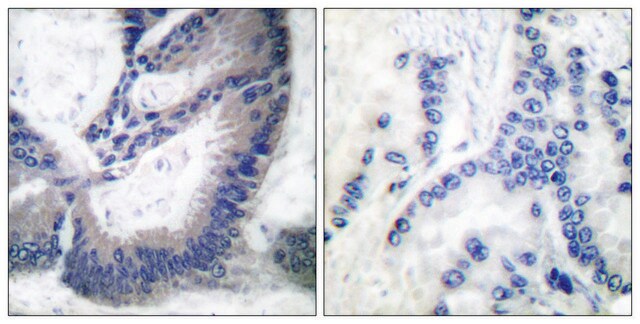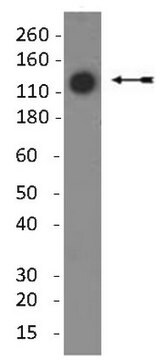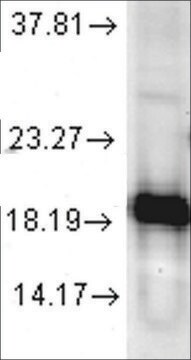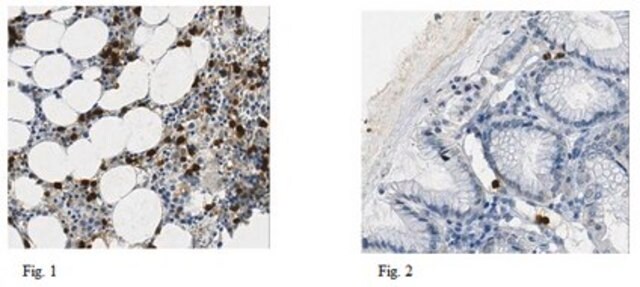MABS1350
Anti-Lipoprotein Lipase Antibody, clone 5D2
clone 5D2, from mouse
Synonym(s):
Lipoprotein lipase, LPL
About This Item
Recommended Products
biological source
mouse
Quality Level
antibody form
purified antibody
antibody product type
primary antibodies
clone
5D2, monoclonal
species reactivity
rat, baboon, chicken, mink, feline, bovine, sheep, human, porcine, guinea pig
should not react with
mouse
technique(s)
ELISA: suitable
dot blot: suitable
flow cytometry: suitable
immunocytochemistry: suitable
immunohistochemistry: suitable (paraffin)
immunoprecipitation (IP): suitable
western blot: suitable
isotype
IgG1κ
NCBI accession no.
UniProt accession no.
shipped in
ambient
target post-translational modification
unmodified
Gene Information
human ... LPL(4023)
mouse ... Lpl(280843)
General description
Specificity
Immunogen
Application
Signaling
Quality
Immunohistochemistry Analysis: A 1:50 dilution of this antibody detected lipoprotein lipase/LPL in human placenta tissue sections.
Target description
Physical form
Storage and Stability
Other Notes
Disclaimer
Not finding the right product?
Try our Product Selector Tool.
Storage Class Code
12 - Non Combustible Liquids
WGK
WGK 1
Flash Point(F)
Not applicable
Flash Point(C)
Not applicable
Certificates of Analysis (COA)
Search for Certificates of Analysis (COA) by entering the products Lot/Batch Number. Lot and Batch Numbers can be found on a product’s label following the words ‘Lot’ or ‘Batch’.
Already Own This Product?
Find documentation for the products that you have recently purchased in the Document Library.
Our team of scientists has experience in all areas of research including Life Science, Material Science, Chemical Synthesis, Chromatography, Analytical and many others.
Contact Technical Service